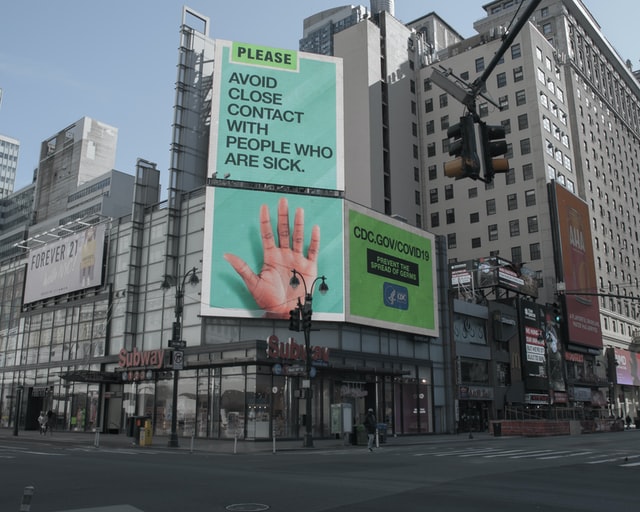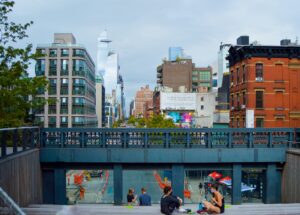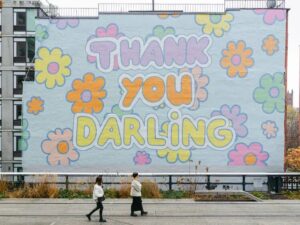In America’s largest cities, new programs to boost public space and housing were among the most prevalent and enduring Covid responses.
The U.S. Centers for Disease Control’s recent guidance that fully vaccinated people can gather once again in small groups is a clear sign that we are on our way back to a semblance of normalcy. But among the signs that things will not go back to the way they were are positive policy changes in cities that the Covid-19 pandemic wrought.
Early on in the pandemic, lockdowns brought urban places to a halt. Mayors and other local officials stepped up to rapidly respond and provide needed help to communities. But city leaders did not have the context for how to respond, since the last comparable U.S. event was the Spanish flu of 1918, and so the early days saw a scramble to respond with little guidance from the federal government.
In the year since, officials in America’s 100 largest cities have enacted more than 2,800 actions in response to the pandemic. At the National League of Cities, we have been monitoring these policy changes through a Covid-19: Local Action Tracker developed with Bloomberg Philanthropies.
Many key actions were necessarily short-term emergency response efforts that will help us better react to a future pandemic. Others point the way toward lasting positive change, with many policies centering equity in their responses. Two areas highlight this most: reclaiming public space for people in cities, and developing housing policies that ensure everyone has a place to call home.
Read the full article on Bloomberg CityLab
Authors: Brooks Rainwater and Lena Geraghty
Recommended by Michelle Pannone











More Stories
The best outdoor art in NYC this winter (2024)
Activists vow to keep installing guerrilla benches at East Bay bus stops
A Blueprint for Public Realm Leadership